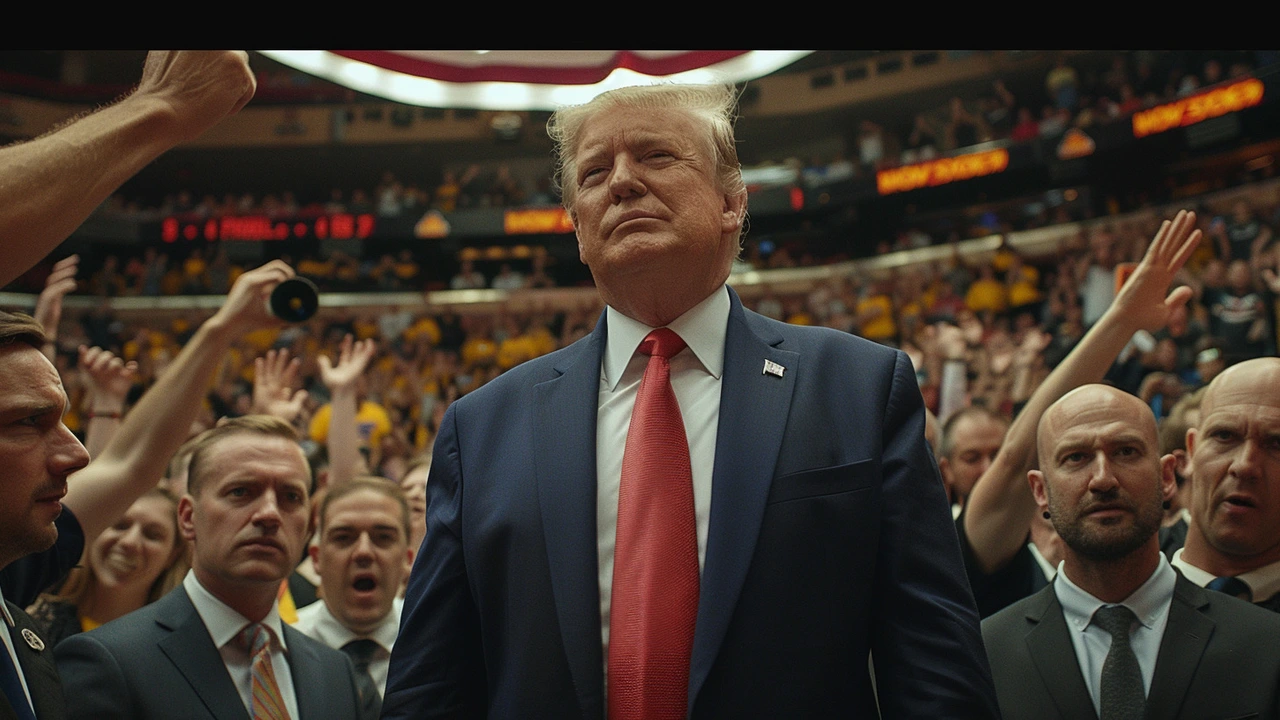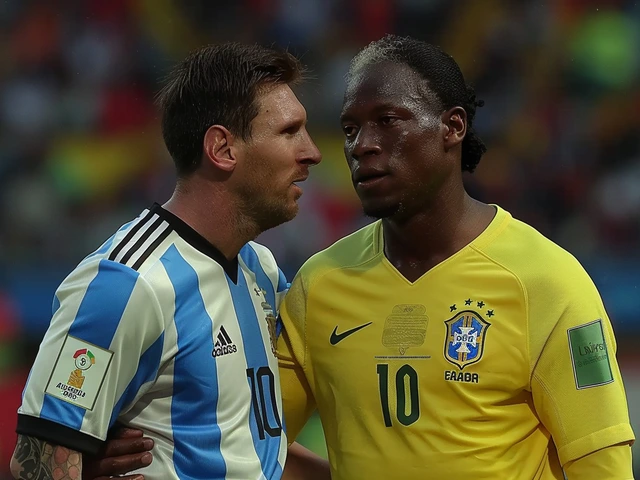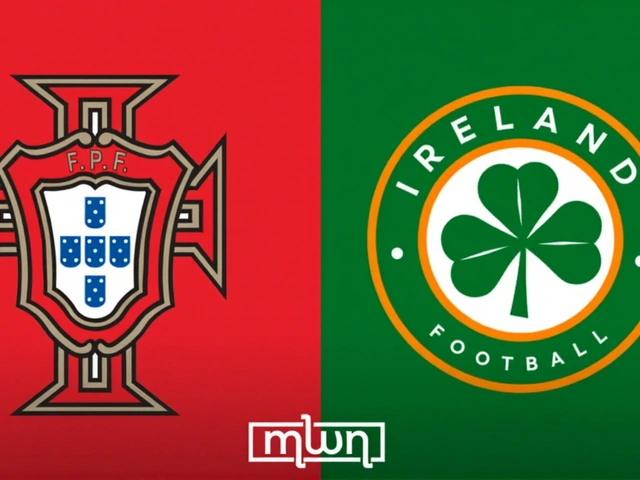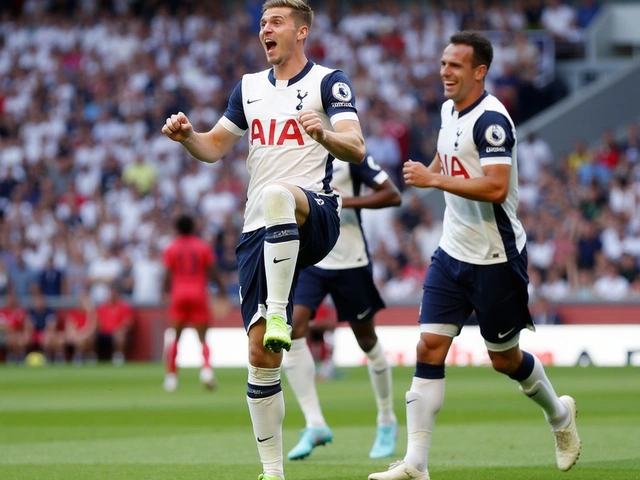Hush money conviction: what it means and why it matters
Hush-money convictions can end careers and reshape public trust fast. If a court finds someone guilty for paying to silence another person about wrongdoing, the legal and public fallout is immediate: criminal penalties, civil suits, and a damaged reputation that often lasts longer than any sentence.
What counts as hush money? Courts look at payments or benefits meant to hide misconduct or to stop someone from speaking. That can be cash, bank transfers, gifts, or secret deals. The key is intent: was the payment made to influence testimony, cover a crime, or sway an election? Intent makes the difference between a private settlement and a criminal case.
Charges versus conviction matters. An indictment is an allegation. A conviction is a court finding of guilt after trial or plea. News often blurs the line. When reading headlines, check whether officials speak of charges, a guilty verdict, a plea deal, or sentencing. That detail changes the legal outcome and the next steps.
Common legal issues in hush-money cases
Campaign finance violations: payments that affect elections can trigger federal or state campaign laws.
Obstruction of justice: hiding evidence or paying witnesses to keep quiet adds serious charges.
False statements and fraud: lying on official forms or laundering money to hide the source can lead to extra counts.
Sentences vary by jurisdiction and facts. Some cases end in fines or probation; others lead to prison terms, especially when the payments hide other crimes or involve public corruption. Judges also consider prior records, the amount paid, and whether the defendant cooperated.
How to read the coverage
If you care about accountability, elections, or corporate integrity, hush-money cases are worth watching. They show how private deals can become public crimes. Use this tag to track court filings, expert analysis, and the ripple effects on elections, boards, or company leadership.
Look for primary sources: court filings, plea agreements, or judge statements. Note dates: appeals can delay final outcomes for years. Distinguish law from opinion: legal analysis is different from political commentary.
A conviction often sparks civil lawsuits, job firings, and new investigations. Companies involved can face regulatory probes and investors may demand leadership changes. For public figures, political careers can end or pause while appeals play out.
Use alerts for court dockets, subscribe to reporters, and check court websites for filings. On Ginger Apple News, this tag brings timely updates, clear summaries, and links to documents so you see facts before the spin.
Will a conviction always mean jail? Not always — outcomes range from fines to prison. Can appeals overturn a verdict? Yes, but appeals focus on legal errors, not reweighing all the evidence. Does a plea mean guilt? A plea is a legal admission and counts as a conviction unless later overturned.
That covers the basics. Follow the tag for updates on hush-money convictions and what they mean for people involved.
Donald Trump's UFC 302 Appearance: A Look Into His First Public Outing Post-Conviction
By Sfiso Masuku On 2 Jun, 2024 Comments (12)

Donald Trump made his first public appearance at UFC 302 following his conviction on all 34 felony counts related to hush money payments to Stormy Daniels. At the New Jersey event, he was welcomed by UFC CEO Dana White and cheered by the crowd. This comes just two days after the historic conviction.
View More




